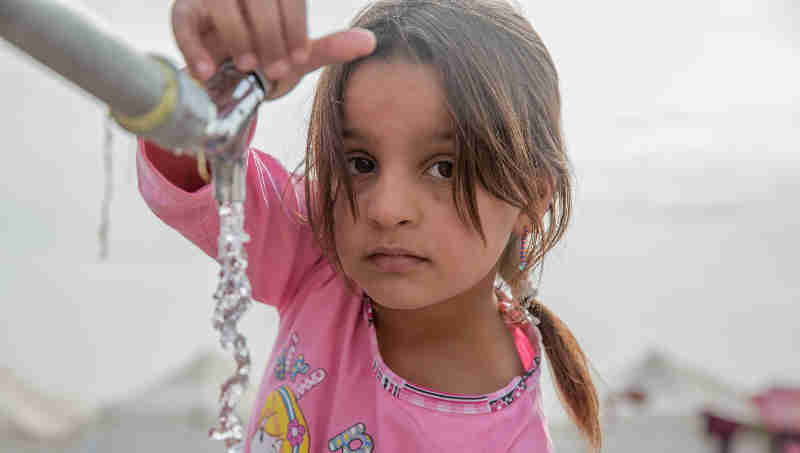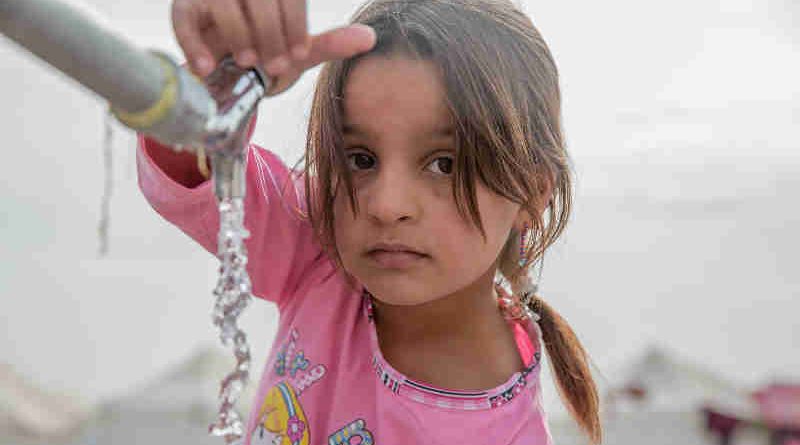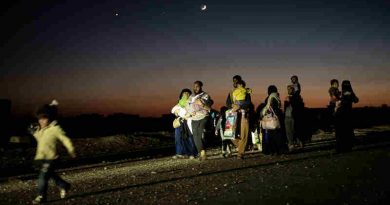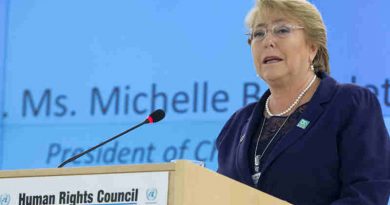Global Conference to Address the Water Shortage Issue

Extreme weather is costing hundreds of billions a year and it is expected that by 2050, one in four people will be living in a country affected by severe water shortages.
To address the water shortage issue, a global conference got underway on Monday convened by the United Nations meteorological agency to manage the precious resource more sustainably.
According to the UN, the problem has been further complicated by a lack of comprehensive water supply data and monitoring systems which is making it harder to respond to the growing crisis.
“We cannot manage what we do not measure,” said Harry Lins, the President of the World Meteorological Organization (WMO) Commission for Hydrology.
“And yet the systems and data collection which underpin these vital services to society are under real pressure,” he added, underscoring that informed decision-making must be based on comprehensive facts and figures.
[ 40% of the World’s People Affected by Water Scarcity: Report ]
This sums up the key challenge underlying the agency’s HydroConference, taking place in Geneva from 7-9 May, is seeking to address.
It brings together the full gamut of so-called “water stakeholders” – decision makers, meteorological and hydrological services; the private and academic sector; non-governmental organizations, and UN entities – around the same table to coordinate efforts as well as leverage individual knowledge and collective expertise to maximum effect.
WMO Secretary-General Petteri Taalas said it was important for all actors to cope with the scale of the challenges that lie ahead, citing the two extremes of droughts and floods.
“Effective flood and drought policies can be implemented only with data and models for assessing the frequency and magnitude of extreme events,” he said, adding that the same also holds for other goals related to water and its efficient use; including those in the 2030 Agenda for Sustainable Development.
Sustainable Development Goal 6 (SDG 6) explicitly calls for sustainable management of water and sanitation for all. Water is also a key component for other Goals including those on eliminating extreme poverty (SDG 1); as wells as Goal 2, to eradicate hunger and malnutrition, as well as Goal 13 on mitigating climate change.
Courtesy: UN





